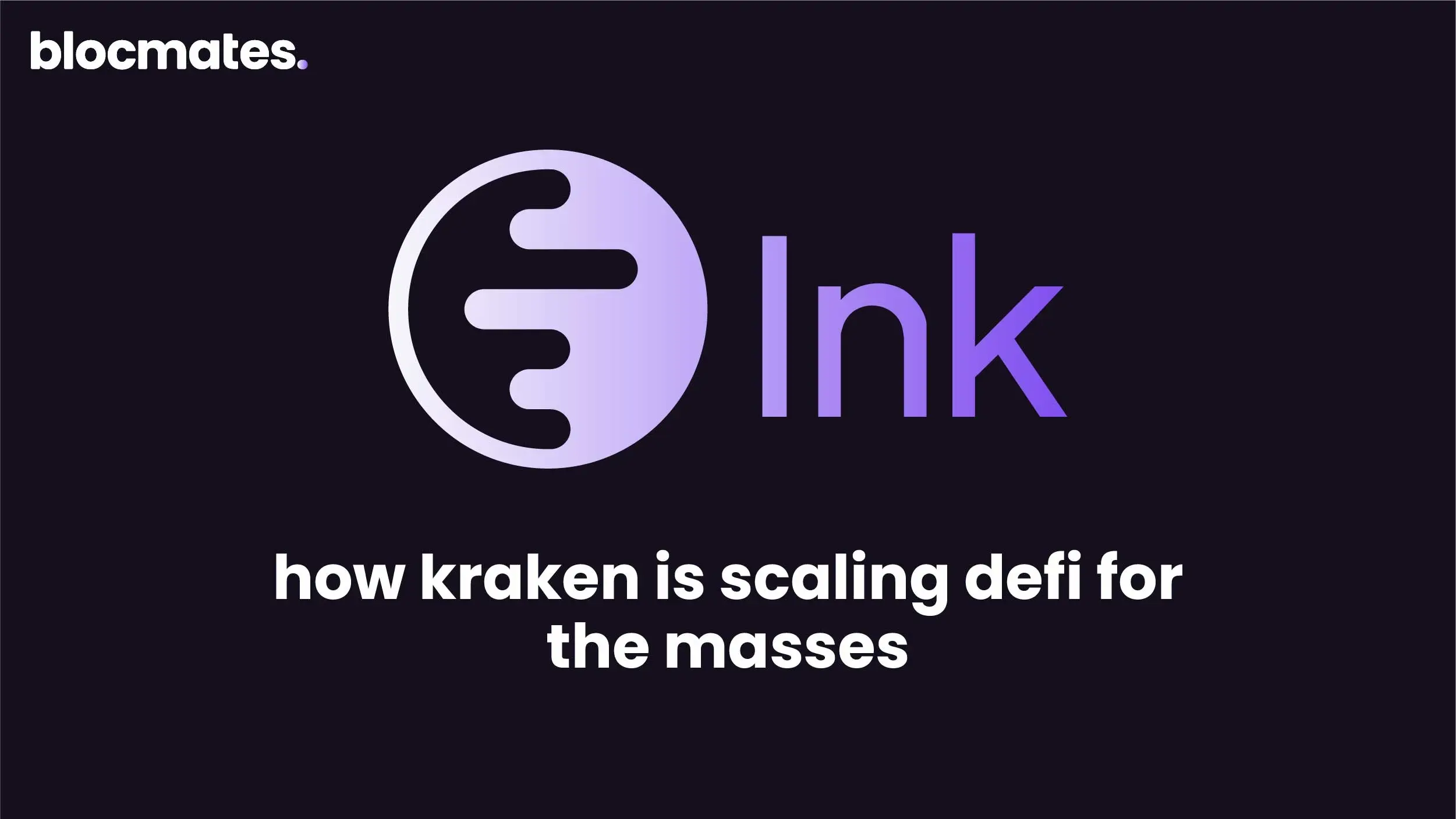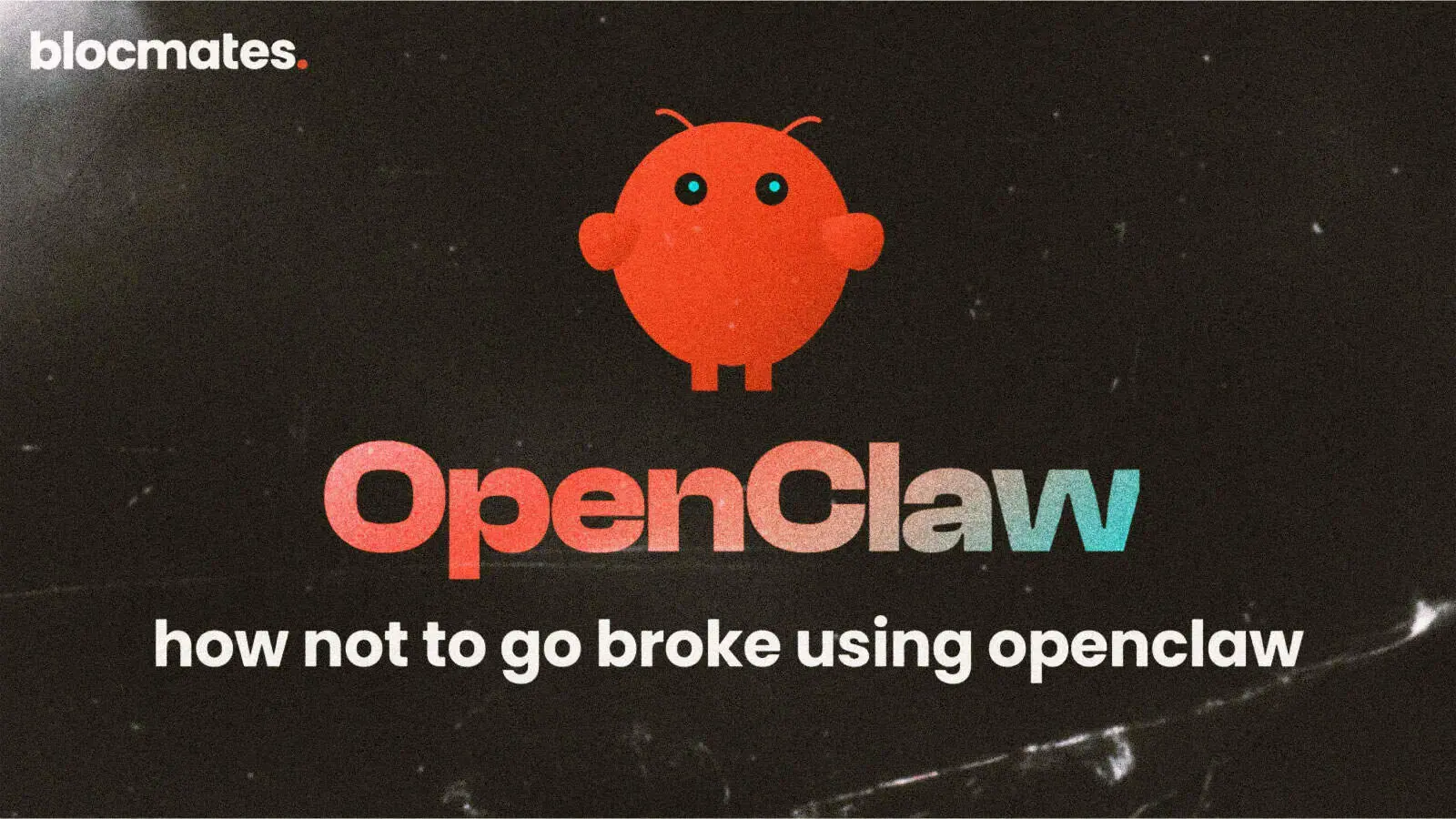Genesis has filed two major lawsuits against Digital Currency Group and its CEO Barry Silbert, alleging fraud, mismanagement, and insider self-dealing as the firm seeks to claw back over $3.3 billion for creditors.
Background
- Genesis, the bankrupt crypto lender, has launched legal action against its parent company Digital Currency Group (DCG), CEO Barry Silbert, and other former executives.
- The Delaware Court of Chancery unsealed a lawsuit on May 19, alleging that DCG drained Genesis of over a million crypto assets worth approximately $2.1 billion through reckless loans and deceptive transactions.
- A second complaint, filed in the U.S. Bankruptcy Court for the Southern District of New York, claims DCG and insiders withdrew more than $1.2 billion in crypto and cash during the year preceding Genesis's bankruptcy.
- The lawsuits allege Genesis operated without independent oversight, enabling insiders to exploit the platform for DCG’s benefit, especially to prop up Grayscale Investments.
- According to court filings, insiders withdrew assets while concealing insolvency and misrepresenting Genesis’s financial health to creditors and the public.
Why should you pay attention?
- Genesis’s move marks one of the largest creditor-driven actions in crypto bankruptcy history, seeking recovery for billions in lost user funds.
- The lawsuits accuse one of the industry's most prominent figures, Barry Silbert, of knowingly enabling fraud and mismanagement.
- If successful, the recovery could set a precedent for creditor-led litigation in other failed crypto firms.
- The cases also add to mounting regulatory and legal scrutiny of DCG and its subsidiaries, which have long been central players in the digital asset ecosystem.
Who said what?
- “The Delaware Complaint reveals how the Genesis lending business fueled profits for DCG’s crown jewel, Grayscale,” said the Genesis Litigation Oversight Committee.
- Philippe Selendy, representing the LOC, described the situation as a “pattern of self-dealing, fraud, and mismanagement.”
- Jennifer Selendy added that “without this equitable remedy, wrongdoers—rather than injured creditors—may benefit from the crypto’s appreciation.”
- The complaints accuse Silbert, DCG, and others of breaching fiduciary duties, manipulating disclosures, and operating Genesis as a “corporate ATM.”
Zooming out
- Genesis’s legal offensive comes amid intensifying pressure on DCG, which is already battling a separate fraud lawsuit from the New York Attorney General.
- The filings revive focus on how centralized crypto firms operated with minimal oversight during the last market cycle, leveraging user funds for risky or self-serving ventures.
- Genesis’s legal team says the suits aim to return crypto assets directly to creditors, avoiding liquidation losses and ensuring fair restitution.


































.webp)

.webp)
.webp)

%20(1).webp)



























































%202.webp)


.webp)

.webp)
.webp)
.webp)


.webp)
.webp)

.webp)
.webp)
.webp)


.webp)
.webp)










.webp)


.webp)









.webp)







.webp)




.webp)


























.webp)







.webp)















.webp)

.webp)
.webp)

.webp)














.webp)

.webp)


.webp)








.webp)




